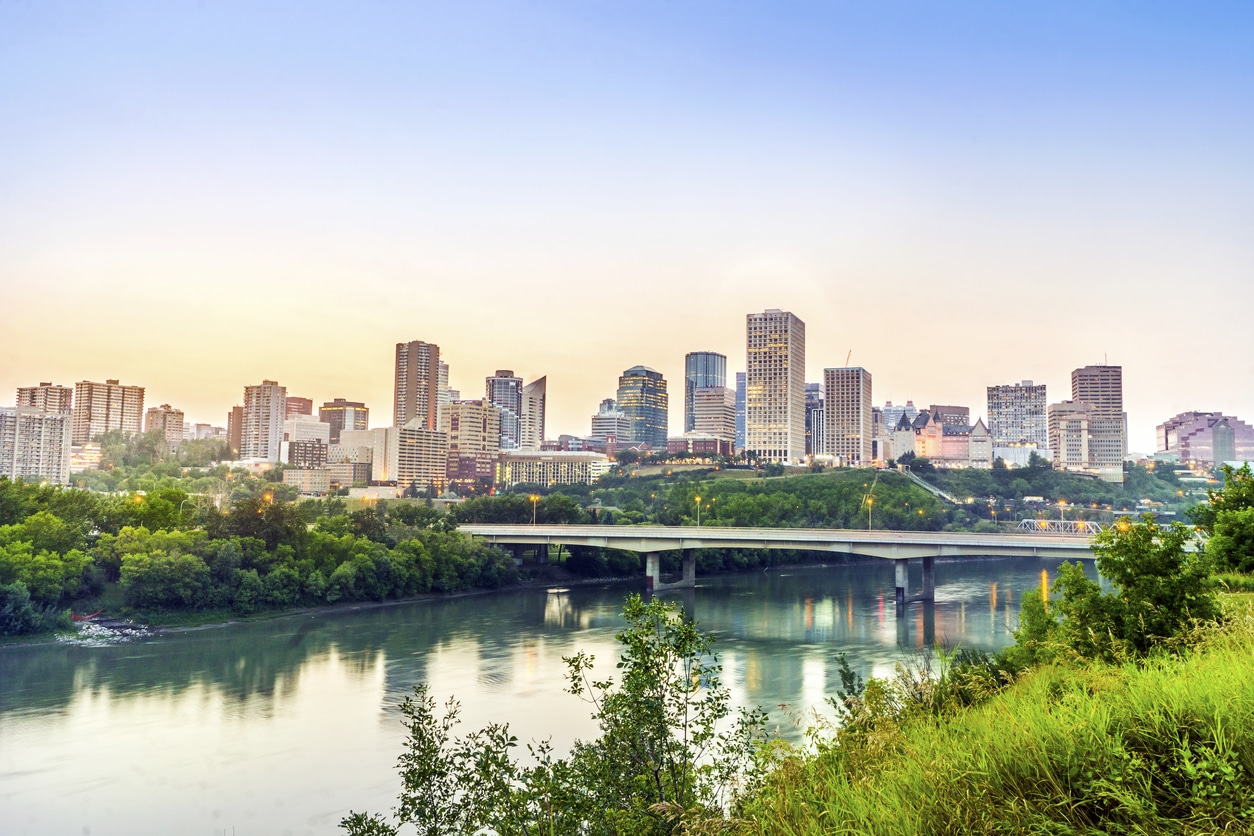
Why Sustainable Water Usage is Essential to Our Health and the Planet

Every time you wash your hands, rinse dishes, flush a toilet, water houseplants or take a shower, you’re using one of the Earth’s most precious resources: water. Because it flows so quickly out of the tap, it’s easy to use several gallons of water without realizing it.
Together with the sun, water is essential to life on Earth. Rain and other sources of freshwater sustain plant life, animals and people around the globe. Salt water in oceans maintains a temperature and chemical balance, which ensures the health of aquatic life.
However, in 2020, only three out of four people had access to clean water globally. Industrial runoff and poor sanitation poison the water system and are responsible for 1.2 million deaths each year.
In addition, warming temperatures put pressure on the water system and can lead to increased hurricanes, wildfires and droughts. Read on to learn why this makes sustainable water use so important for the health of humans and the planet.
Water and Human Health
There are about 326 million trillion gallons of water on the Earth. However, 97.2% of that water is salt water found in the oceans and another 2.1% is locked up in glaciers. This leaves just 0.7% available as fresh water found in groundwater, soil moisture, lakes and streams.
According to Mayoclinic, the average adult needs to drink just under a gallon of water a day to support healthy functioning. At the beginning of 2022, the world’s population was 7.8 billion. This means almost 2.8 trillion gallons of water are needed to sustain basic human life for one year. Now, keep in mind, this number doesn’t take into account the use of water for growing food or sanitation.
Unfortunately, much of the world’s freshwater is polluted by poor sanitation practices. According to an article published in Nature, 2.3 billion people lived without basic sanitation services in 2020. Open defecation pollutes freshwater and leads to diseases including dysentery, typhoid and diarrhea – which killed 1.6 million people, one-third of them children, in 2017 alone.
Water Use or Abuse?
Through evaporation, transpiration and rainstorms, the water cycle works to naturally recycle and redistribute water around the world. For sustainable water use, people must use less than the amount nature can replenish with this cycle. They also have a responsibility to purify contaminated water so the total amount of available fresh water doesn’t decline over time.
Unfortunately, many countries are overusing their water supplies, making themselves increasingly vulnerable to droughts. For example, agricultural industries in California have used so much water from their underground aquifers, the town of Corcoran is sinking.
Water pollution is also common, as runoff from industrial sites contaminates fresh water with heavy metals like lead and arsenic. Poisoned water causes serious health problems and affects millions of Americans every day, particularly in states where industrial toxins are high. Although cities work to filter out contaminants, many of them fail to reach EPA standards.
Water and Our Planet
Of course, polluted water doesn’t just affect human health. Runoff from industrial plants and unfiltered drugs in the water flow into streams and rivers, wreaking havoc on natural ecosystems. For example, some estimate 20% of freshwater fish have become endangered or extinct as a result of habitat pollution.
Industrial activities like deforestation and burning fossil fuels also damage the water cycle. As temperatures warm due to greenhouse gases, like carbon in the air, more water evaporates. Water vapor warms the atmosphere even more, reducing oxygen levels in the ocean and harming aquatic life.
As temperatures rise, droughts are more common and dry ecosystems experience more wildfires. Hurricanes are also more likely to form, contaminating fresh water with runoff from surrounding industrial sites. Some areas are also seeing increased flooding as a result of warmer temperatures.
Water Sustainability Means Life
Unless changes are made, clean fresh water will become more scarce and natural disasters will increase. Millions of people and animal species will continue to be affected by tainted water. Dry areas will become dryer and some ecosystems may never recover.
Fortunately, there are many ways to improve sustainable water use. Using a combination of natural and artificial models, we can filter and return wastewater safety back into the environment.
Reducing the use of fresh water for industrial purposes and switching to renewable sources of energy will also help. With enough determination and ambition, we can help restore balance to the water system and ensure health for humans, animals and the planet for years to come.
Author bio: Jane Marsh works as an environmental and energy writer. She is also the editor-in-chief of Environment.co.



Post a comment